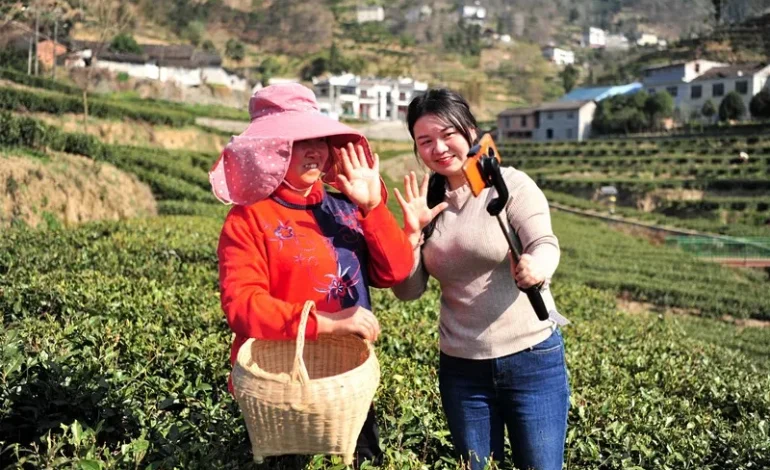Rural Innovators: Youth Bringing Tech to China’s Countryside

Under-30 founders using AI, drones, and e-commerce to empower rural communities.
From Villages to Startups
For decades, China’s rural regions were seen as lagging behind booming megacities. But a new generation of young innovators many under 30 is changing that narrative. Using drones, AI tools, and digital platforms, they are bringing high-tech solutions to agriculture, logistics, and education in villages once left behind.
This grassroots movement is not only reshaping rural economies but also aligning with Beijing’s strategy of “rural revitalization”, which aims to balance development across the country.
Drones in the Fields
Young entrepreneurs are spearheading drone startups that provide affordable spraying, seeding, and crop-monitoring services to farmers. Unlike large corporations, these ventures often operate at the village level, renting drones to smallholder farmers at low cost.
Such models improve efficiency while creating local employment turning rural youth from migrant workers into rural tech entrepreneurs.
AI for Agriculture
AI-powered platforms are also taking root. Startups led by recent graduates use machine learning to analyze weather patterns, soil quality, and crop yields. Farmers receive tailored recommendations via smartphone apps, enabling smarter planting decisions.
These systems reduce waste, boost productivity, and make rural farming competitive in a globalized food market.
E-Commerce and Direct-to-Consumer Models
Perhaps the most visible change is in e-commerce. Platforms like Pinduoduo and Taobao Village are empowering rural youth to sell agricultural products directly to consumers nationwide.
Some under-30 founders have built livestreaming farms, where produce is marketed live to urban audiences, blending entertainment with commerce. This shift allows farmers to bypass intermediaries and capture more value from their work.
Fintech for the Countryside
Financing remains a major challenge in rural China. Young founders are piloting fintech platforms that provide microloans, insurance, and instant payments for farmers and cooperatives.
In some villages, digital settlement systems are used to pay farmers within hours of delivery, ensuring liquidity and reducing reliance on local credit networks. These innovations show how digital finance is becoming as essential as tractors or drones in modern rural life.
Social Impact and Education
The impact extends beyond economics. Rural innovators are introducing online education platforms, allowing children in remote areas to access quality courses. Health-tech apps are also being piloted to connect village clinics with urban hospitals, bridging healthcare gaps.
For many of these young entrepreneurs, the mission is personal: they return to their hometowns after university, determined to modernize their communities with technology.
Policy Support
Beijing supports these efforts with subsidies, incubators, and training programs. Rural innovation hubs are springing up in provinces like Henan, Sichuan, and Guangxi, offering mentorship and low-cost office space.
Local governments also encourage “village CEOs” young entrepreneurs who act as coordinators between farmers, tech providers, and logistics firms.
Challenges Ahead
Despite momentum, hurdles remain:
- Infrastructure gaps in broadband and logistics.
- Talent drain, as many young people still migrate to cities.
- Scaling difficulties, since rural startups often lack venture funding compared to urban peers.
Addressing these barriers will determine whether rural innovation remains localized or becomes a scalable national model.
Outlook: A Rural Tech Renaissance
China’s rural innovators are proving that high-tech entrepreneurship is not confined to megacities. By blending AI, drones, e-commerce, and fintech, they are building a new model of grassroots modernization.
For global readers, the story of China’s under-30 rural entrepreneurs highlights an important lesson: the future of innovation may be shaped as much in villages and fields as in boardrooms and labs.






